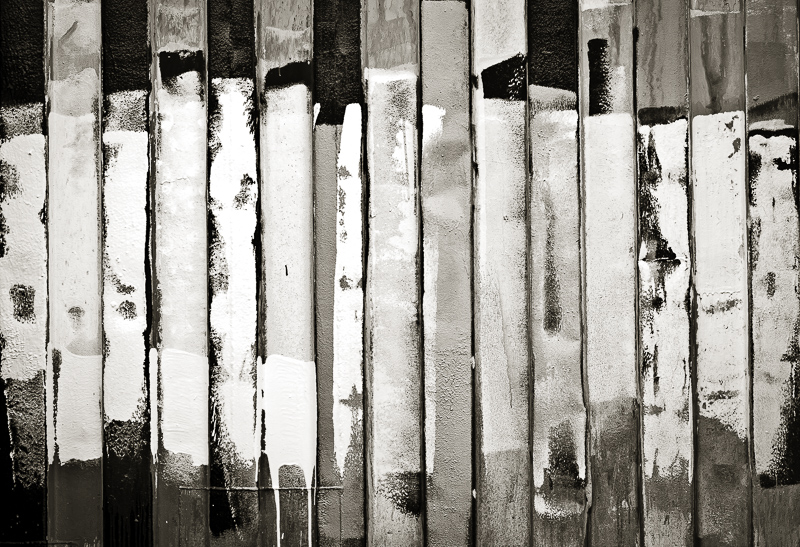Every Picture Is a Compromise
Lessons from the Also-rans
Most photography websites show the photographer's very best work. Wonderful. But that's not the full story of a creative life. If we want to learn, we'd better pay attention to the images that aren't "greatest hits" and see what lessons they have to offer. Every picture is a compromise — the sum of its parts, optical, technical, visual, emotional, and even cosmic – well, maybe not cosmic, but sometimes spiritual. Success on all fronts is rare. It's ok to learn from those that are not our best.
This is a series about my also-rans, some of which I've been able to improve at bit (i.e., "best effort"), none of which I would consider my best. With each there are lessons worth sharing, so I will.
Original digital capturePictures Come from Pictures WeekAfter recently posting the 1,000th episode in this series, I took the week to scan back — way back — to my beginnings. I looked at a contact sheet (above) from my film archives and compare it to a more recent image of the same visual idea. It was fun, so I'm doing it again this week. There is nothing new under the sun, or as Carl Chiarenza says, "Pictures come from pictures." The Backstory:I would love to be able to blame Minor White, or Aaron Siskind, or Brett Weston for my fascination with photographing walls. I have no doubt they taught me to see walls as photogenic subjects. It wasn't until I photographed the one at left, however, that I realized that my vision has been so influenced by Mondrian, Jackson Pollack, Robert Motherwell, and perhaps even Picasso. Come to think of it, that's a good thing, isn't it? |


